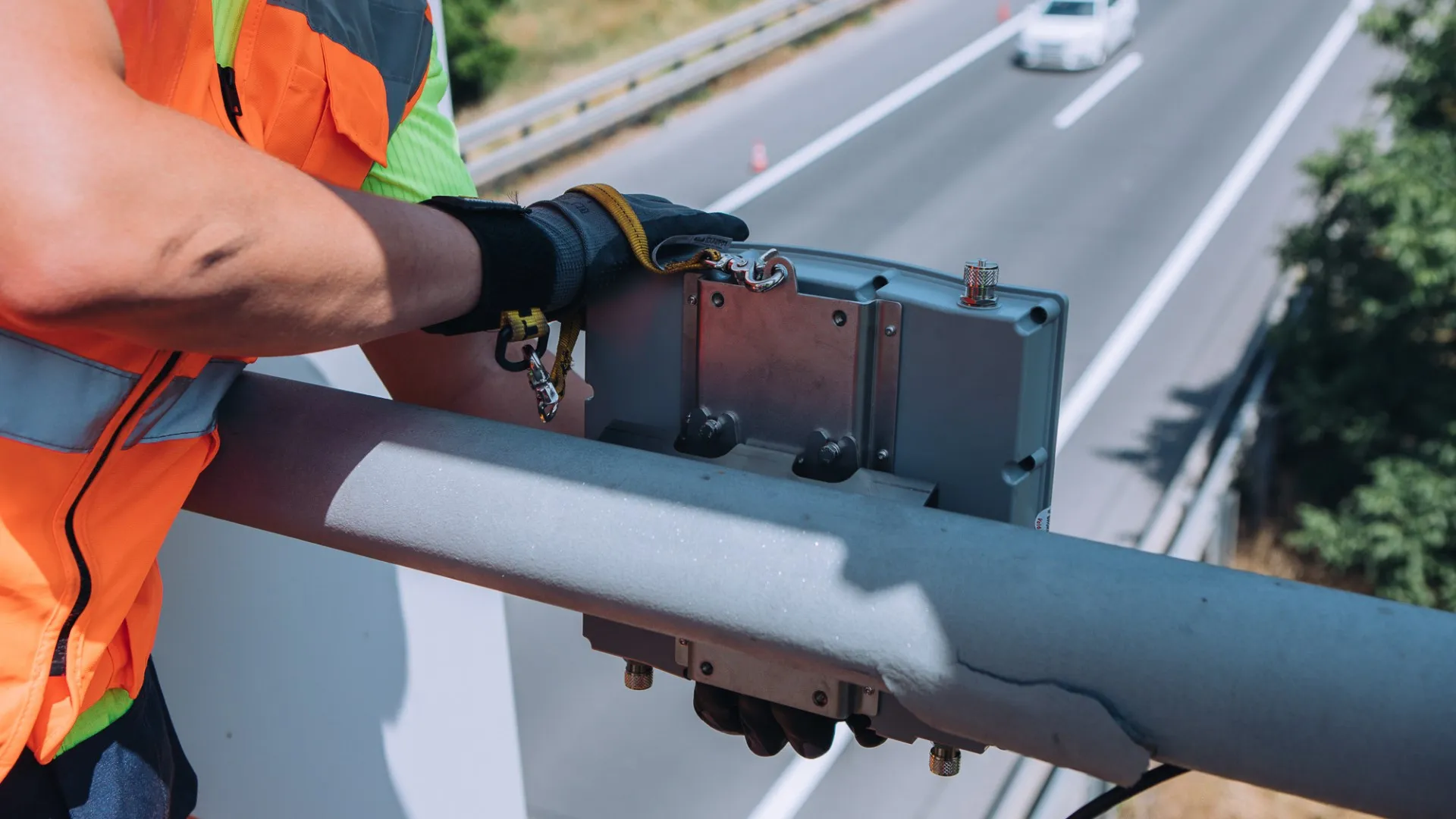
A connected and automated mobility (CAM) testbed in the UK is to receive 5G macro coverage from Vodafone and large-scale simulations from Immense.
The Midlands Future Mobility project is set to trial connected and autonomous vehicles (C/AVs) over 300km of roads with the aim of making them safer.
It offers a combination of campus (mini-city), urban, rural and highway roads on which CAM trials can be supported, encompassing major city centres (Coventry and Birmingham) and key interchanges (rail, HS2 and Birmingham International Airport).
The range of route types allows businesses to trial different technologies such as low speed ‘shared space’ vehicles and next-generation advanced driver assistance systems.
Vodafone is to work with Wireless Infrastructure Group to provide 5G connectivity to 80% of the route.
The mobile operator says 5G can offer extremely low latency (the time it takes for data to complete its journey), which is crucial when it comes to avoiding collisions.
According to Vodafone, increased bandwidth will also allow the sharing of high definition images between infrastructure and vehicles, which will help an AV make sense of its environment and operate without human involvement.
Anne Sheehan, business director at Vodafone UK, says: “The ultra-reliability and high bandwidth of 5G will enable new progress for C/AVs.”
The large-scale simulations provided by Immense will help bridge the gap between operational use cases such as the local performance of individual vehicles and strategic use cases like the global performance of the transportation system.
This will leverage the learnings from other work packages to create a simulation environment that appeals to a range of test-bed users, Vodafone adds.
As part of the deal, Vodafone and Immense will assist companies trialling their technology by providing coordinated access to local authorities and highways agencies for testing, approvals and collaboration support.
They will also provide companies with an understanding of the latest emerging standards in CAM, support in test design and analysis campaigns from an experienced network and access to experts with academic and industrial experience.
In the summer, Vodafone entered an agreement with Transport for West Midlands and West Midlands 5G to work to share information and develop transport systems and technology using the region's 5G mobile network.
Midlands Future Mobility is part of the Zenzic CAM Testbed UK initiative, which facilitates and promotes the development of C/AVs. It is also backed by a consortium organisations, including WMG at the University of Warwick, Horiba Mira, Amey, Coventry University and Highways England.
Zenzic CEO Daniel Ruiz says the company is continuing to encourage this kind of collaboration to make “CAM a reality on UK roads by 2030 and this is a great step in the right direction”.
In June, Siemens Mobility won a contract to provide infrastructure and software for the UK's Midlands Future Mobility (MFM) project.










